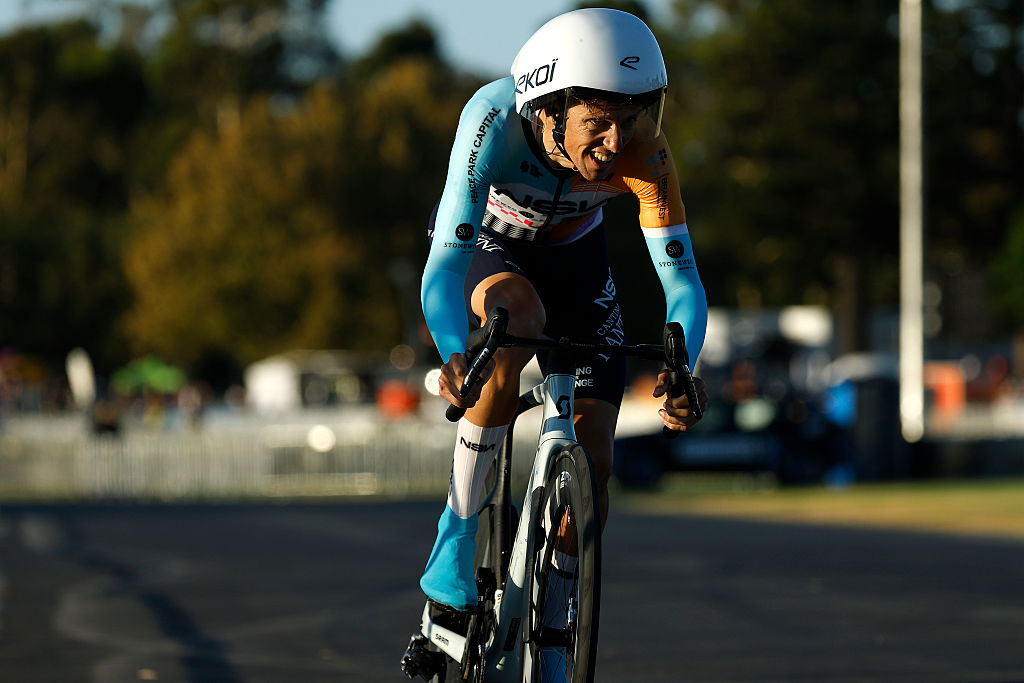Anti-doping expert praises biological passport
By Shane Stokes While the biological passport has taken longer to develop than was originally...
The latest race content, interviews, features, reviews and expert buying guides, direct to your inbox!
You are now subscribed
Your newsletter sign-up was successful
By Shane Stokes
While the biological passport has taken longer to develop than was originally envisaged, and a growing number of people are impatient to see results, the project was given a significant boost this week when one of those responsible for its implementation said that some benefits had already been seen.
"I would say that we have noted an evolution in the time [since it has been introduced]," Dr Neil Robinson of the anti-doping laboratory in Lausanne told AFP. "With the introduction of the passport, we are seeing an evolution of the parameters in the right direction, and less values that are markedly abnormal."
"You can see a clear deterrent effect. It is the biggest achievement of this year. In the past, whenever a doping laboratory introduced a new test for EPO or blood transfusions, etc, we also saw this dissuasive effect on the parameters. But we saw after that an adaptation by athletes and teams to the new conditions. The parameter that is being measured returns almost to normal levels, then there is an adaptation and the values increase again.
"What we hope with the biological passport is that they don't go back up again. The margin of manoeuvre is extremely low because the athlete is not compared to a fixed, limited value, but to his own parameters which serve as a reference. We will see the success of the passport this year."
Robinson said that thanks to the passport, it has been possible to see clear signs of suspicious behaviour. He gave the example that for some of those specialising in the Belgian Classics, and others preparing for races such as the Tour de France or Vuelta a España, it was possible to notice suspect readings before these competitions. This enabled the riders in question to be specifically targeted for more testing and, presumably, pressure be brought on them to stop what they had been doing.
His view is that cycling and other sports such as skiing and biathlon have a far more evolved anti-doping drive than some others. "Many have criticised the UCI, but he who seeks finds. There are profiles in certain sports that correspond to what we saw in cycling 10 years ago.
The latest race content, interviews, features, reviews and expert buying guides, direct to your inbox!
"I am not saying there is no doping in cycling, but the UCI has put in place a policy and the results are there."
McQuaid welcomed the comments, telling Cyclingnews that it was proof that the UCI and others were serious about cleaning things up.
"I think it is clear from what Dr Robinson says that cycling can no longer be accused of having a culture of doping. Indeed the opposite is the case, and within the sporting world cycling can now be seen to have possibly the strongest culture of anti-doping. This is to the credit of all of the stakeholders in our sport and augers well for the future."
